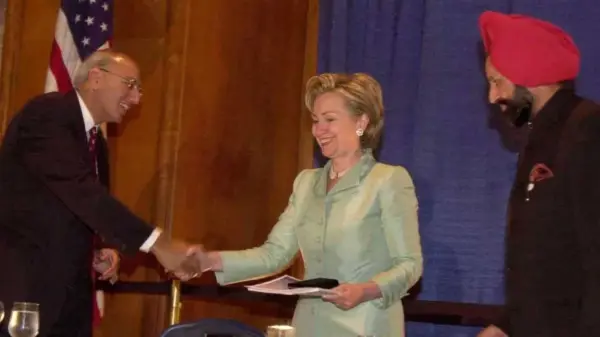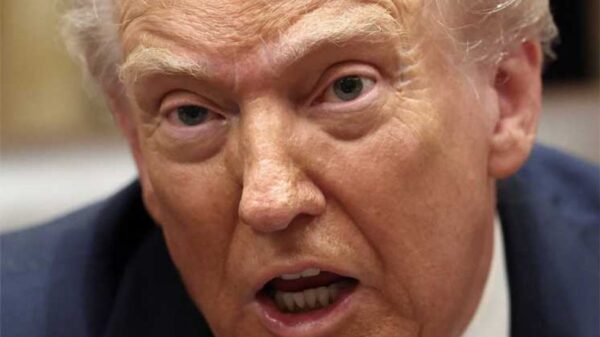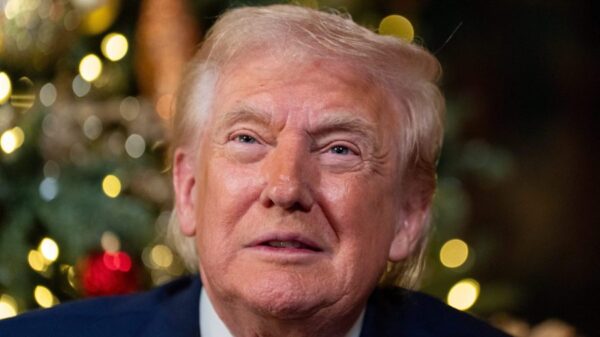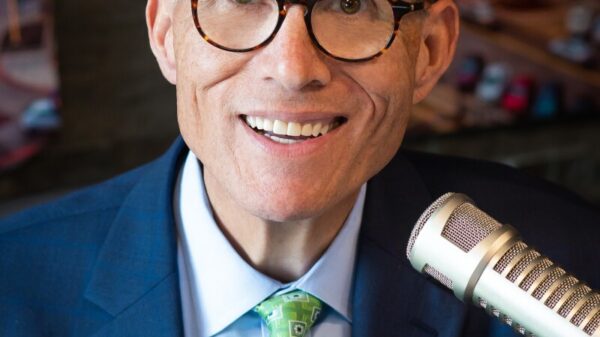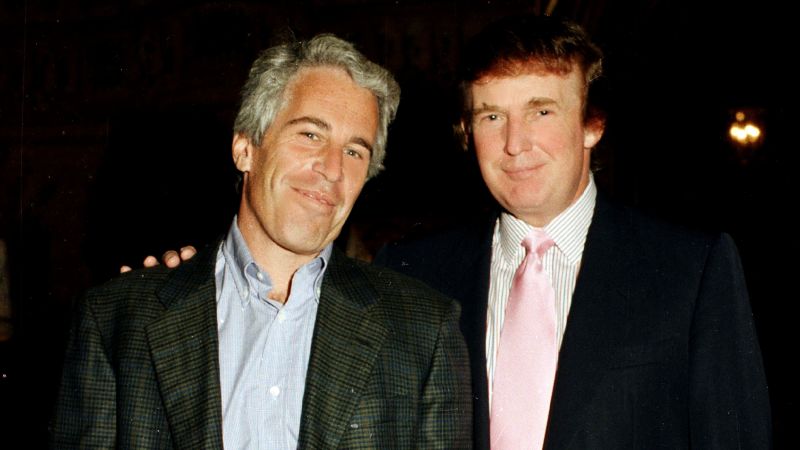In a recent development concerning the Jeffrey Epstein case, the Trump administration has declared there is no existing “client list” related to Epstein, despite previous claims from prominent figures within the administration. JD Vance, currently serving in the administration, previously accused the government of concealing such a list and emphasized the importance of ongoing inquiries into the matter. The administration’s contradictory statements and handling of the situation have led to an increase in public skepticism and questions regarding the integrity of its claims.
One of the most pressing questions arises from the apparent shift in the administration’s stance on the significance of Epstein-related documents. In the past, figures such as Attorney General Pam Bondi and Deputy FBI Director Dan Bongino expressed concern over the potential revelations contained within these documents. Bondi suggested she had a client list on her desk during an interview, and Bongino urged the public not to overlook the Epstein narrative. Yet, the current administration’s messaging suggests a dismissive attitude towards the Epstein files, with Donald Trump recently stating, “Let’s … not waste Time and Energy on Jeffrey Epstein, somebody that nobody cares about.”
The inconsistency raises questions about the administration’s credibility. Many of those now downplaying the importance of the Epstein saga were once vocal about uncovering the truth. This has led to speculation about whether they are now conceding that their previous assertions were misguided. Bongino, who once characterized the Epstein case as a significant scandal, noted last month, “I’m not paid for my opinions anymore. I work for the taxpayer now. I’m paid on evidence.” Critics are left wondering how this shift aligns with their earlier claims of urgency concerning Epstein’s alleged connections to powerful individuals.
Another critical question pertains to Trump’s own association with Epstein. While it is not suggested that Trump engaged in any wrongdoing, his past comments and relationships with Epstein warrant examination. Trump has previously referred to Epstein as a “terrific guy” and has been notably supportive of Ghislaine Maxwell during her legal challenges. Recently, Elon Musk claimed on social media that Trump is mentioned in the Epstein files, a statement he later deleted. Trump’s legal counsel, David Schoen, asserted that Epstein denied possessing information that could implicate Trump. The reluctance of Trump to declassify Epstein-related documents further fuels speculation, as he has expressed a desire to avoid impacting innocent lives with potentially misleading information.
The administration’s commitment to transparency has also come under scrutiny. Following initial disclosures in February, which were largely viewed as unremarkable, the administration promised further revelations. Bondi had assured the public that more documents would be forthcoming, but last week’s announcement indicated that the case would effectively be closed, with no additional materials being released. A Justice Department memo pointed out that much of the information remained subject to court orders and that only a small portion would have been disclosed had Epstein faced trial. The administration’s failure to follow through on promises of transparency contradicts its previous stance and raises further questions about its motivations.
Additionally, lingering inquiries about Epstein’s potential connections to intelligence agencies remain unresolved. When asked about this subject last week, Bondi stated, “To him being an agent, I have no knowledge about that,” but did not provide a definitive answer. This ambiguity is particularly noteworthy given the historical context of the allegations. Former Labor Secretary Alexander Acosta had faced criticism for his handling of Epstein’s case, and speculation regarding Epstein’s ties to intelligence has persisted for years. Recently, former Israeli Prime Minister Naftali Bennett publicly refuted claims that Epstein had connections to Israeli intelligence, highlighting the controversial nature of these discussions.
As the Epstein saga continues to unfold, the lack of clarity and the shifting narratives from the Trump administration only add to the complexity of the case. The questions raised by Vance and others remain pertinent, reflecting a growing demand for accountability and transparency regarding a case that has captivated public interest and concern. With powerful figures implicated and significant allegations at stake, the implications of this matter extend far beyond the individuals directly involved.












